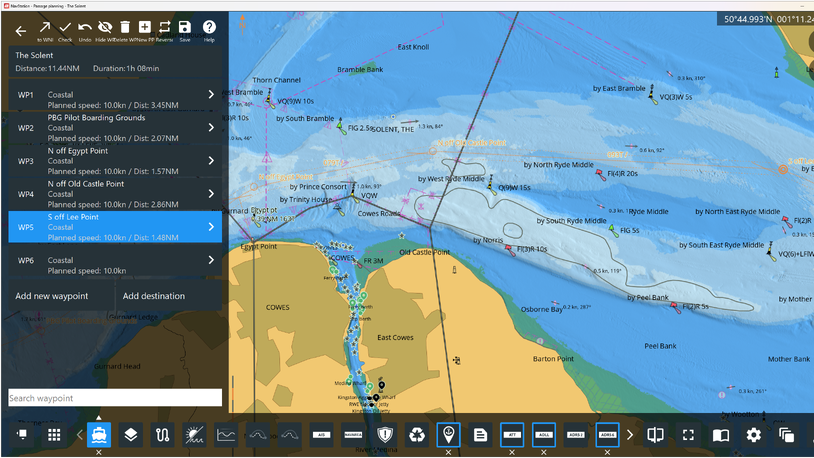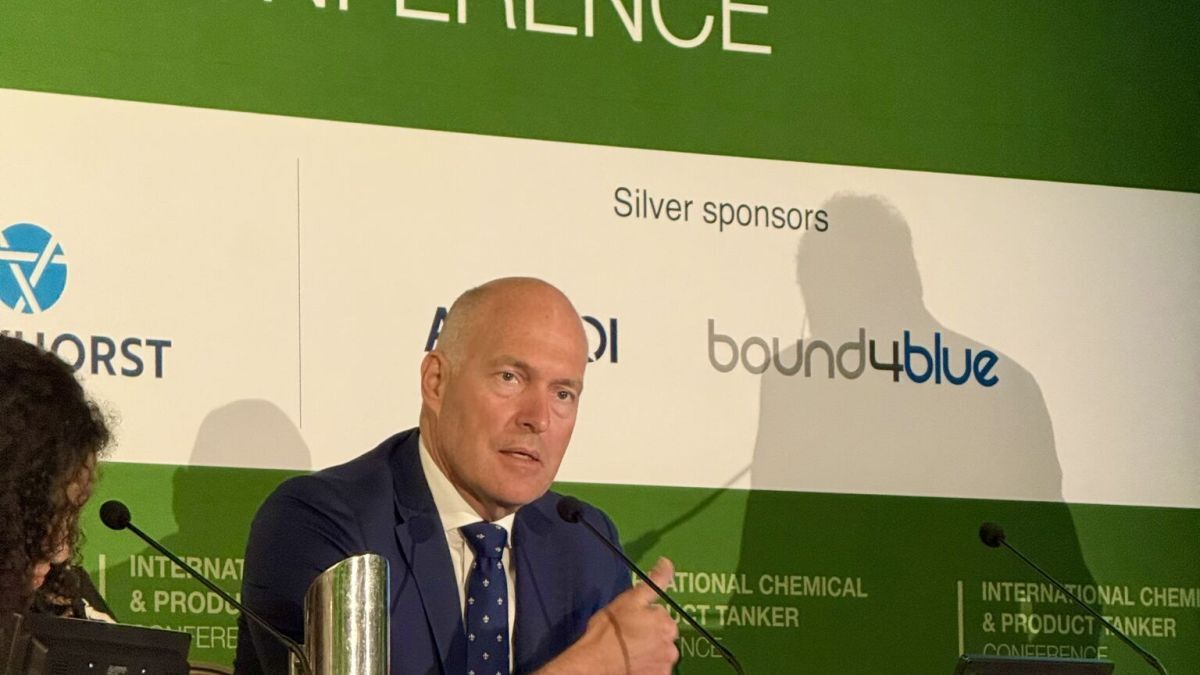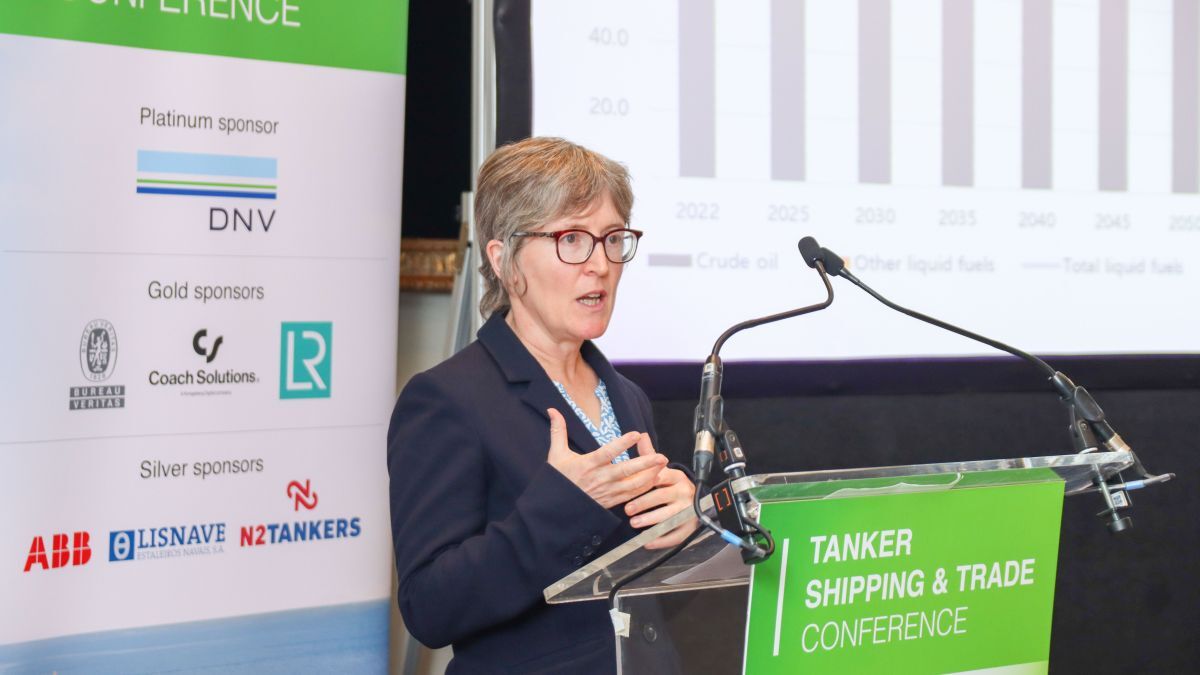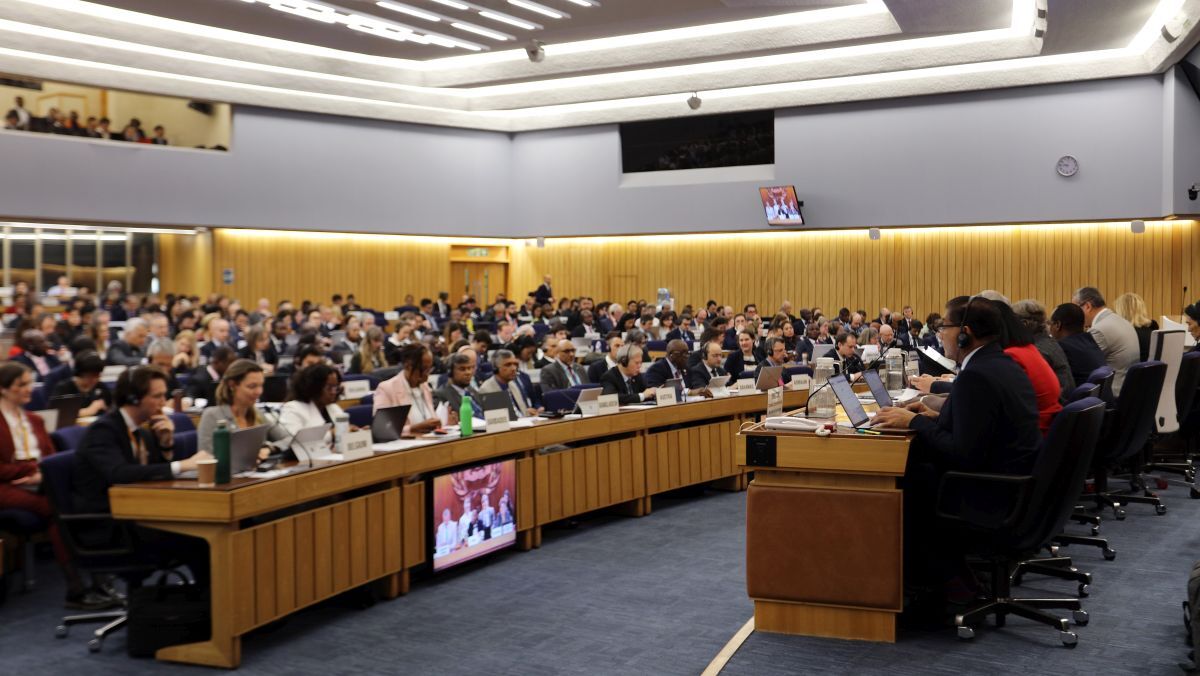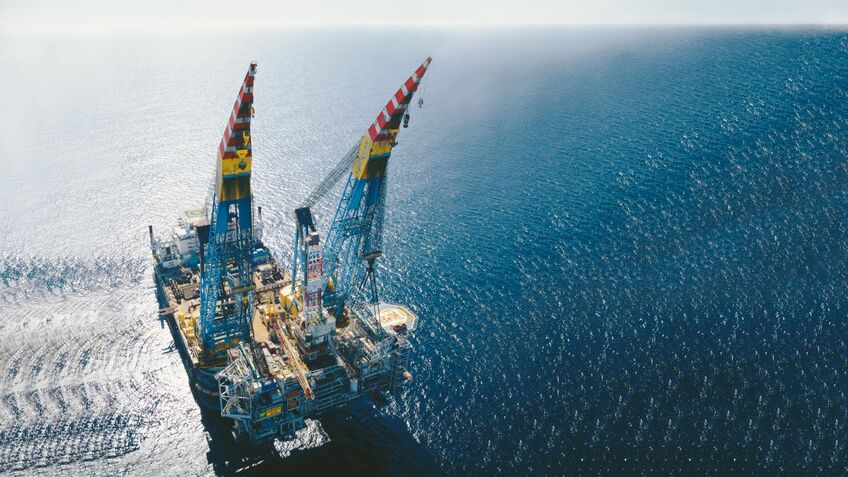Business Sectors
Events
Contents
Register to read more articles.
Making progress on environmental sustainability in offshore marine construction
IMCA technical advisor on environmental sustainability Nadine Robinson explains how IMCA’s Recommended Code of Practice on Environmental Sustainability is making its mark globally
Take “a series of small steps and eventually you can have something that will make an impact” said adventurer and Open Ocean Robotics CEO Julie Angus, who delivered the keynote address at IMCA’s late September virtual seminar on Environmental Sustainability. Taking carefully planned steps is just what we have been doing, first to create and then spread the word about IMCA’s Recommended Code of Practice on Environmental Sustainability; that work is set to continue month after month; and year after year, for this is a long-term project. The Code sets expectations on our industry to manage key environmental and climate-related topics associated with offshore marine construction.
IMCA started its environmental sustainability journey with its members four years ago. I was appointed in May 2020 to bring vision to action, working with members of the Environmental Sustainability Committee (ESC) to develop a strategic environmental roadmap, culminating in the launch of the Code in May 2021. It was no mean feat to achieve such a milestone during a global pandemic; but with momentum accelerating towards the energy transition, it is clear that environmental sustainability must be treated as a mainstream business imperative for long-term value creation; and we needed to be ahead of the curve. IMCA launched with both the full 42-page Code and the briefer ‘At A Glance’ document, ideal for members to share with clients when explaining why they are adhering to the recommendations and the practical steps they have already taken.
“Environmental sustainability must be treated as a mainstream business imperative”
Feedback from IMCA’s 2021 membership survey reinforced that we were on the right track in emphasising the importance of environmental sustainability and the energy transition; almost 90% confirmed those issues were critical or very important in IMCA’s strategy and more than four-fifths acknowledged their client base is increasingly using environmental sustainability in evaluating contractors and suppliers. This enthusiasm for the work we were undertaking spurred us on.
August saw us launch a broadcast
Our September seminar was a definite milestone, with speakers drawn from across the membership (spanning 65 countries and over 700 entities, ranging from large publicly listed to small privately held companies) and from the Basque Centre for Climate Change, the Global Maritime Forum, Vard Engineering, KPMG Netherlands, the United Nations Global Compact and Duke University. Dedicated sessions, introduced by IMCA members over the 3½ hours, considered emission reduction, energy management, the circular economy, supply-chain engagement, life below water and reporting.
In October, we were involved in Dcarbonise Week’s ocean sustainability day; and in November Erik Bergh, HSEQS of DeepOcean and an ESC member will talk on the Code at the Bergen International Diving Seminar. We’re not stopping there – there is much work to do to put this Code into practice around the globe across the industries we serve.
The seminar provided the ESC with areas on which to concentrate within their work programme. The next major step is the release of a new self-assessment tool in 2022, to help users analyse and reflect on whether they are meeting the expectations of the Code. Being able to measure, report and eventually benchmark will increasingly become vital and is currently being piloted by ESC members.
Related to this Story
Women in Maritime Today: Elin Saltkjel says no day working in maritime is dull
Events
Maritime Environmental Protection Webinar Week
Cyber & Vessel Security Webinar Week
The illusion of safety: what we're getting wrong about crews, tech, and fatigue
Responsible Ship Recycling Forum 2025
© 2024 Riviera Maritime Media Ltd.

